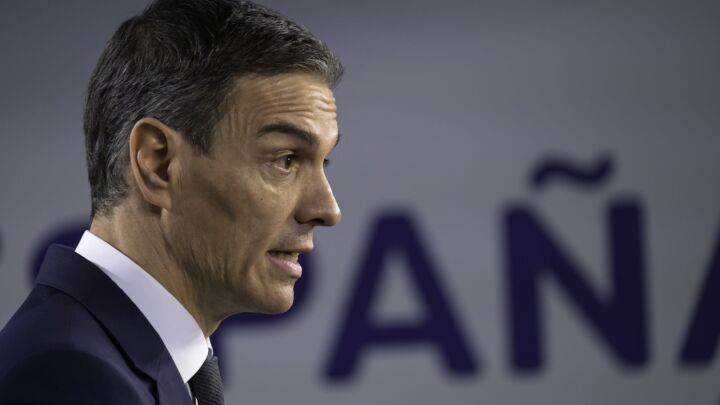Ministerial whims and the state of education

Want unlimited, ad-free access? Become a spiked supporter.
Sir David Bell, the vice chancellor of Reading University, and former permanent secretary at the UK Department for Education, has called for a halt to politicians intervening in education. It is, he claims, ‘a ridiculous situation’ when the school curriculum is based on ‘ministerial whims’. In place of ‘top-down tinkering’, he proposes more autonomy for schools. Such words will no doubt strike a chord with many teachers, as well as academics.
It is true that micro-managing political intervention in education has made life very difficult for teachers, both personally and professionally. But it is not the most pressing problem facing those concerned with ensuring all children receive a sound, liberal education. If politicians were to butt out of education today, where would that leave teachers, parents and pupils? Would teachers be free to pursue their subject knowledge and teach as freely and creatively as they wished? And would children be free to enter a school every morning to grapple with the demands and pleasures of learning academic subjects?
No, they would not. And that is largely because politicians may have power, but they have neither the moral nor the intellectual authority to shape the culture in which educational policymaking takes place. A recent radio interview with Ofsted chief Sir Michael Wilshaw provides a perfect example of the strength of this educational culture. He was confronted by a mother who complained that the staff at her children’s school were not sufficiently ethnically diverse. Wilshaw simply caved in and agreed that this was wrong. When the head of the body responsible for assessing schools is unable or unwilling to argue that what a teacher knows is more important than the colour of his or her skin, it shows that the problems in education are more profound than incompetent or malevolent politicians.
Reduced interference by politicians would do little to counteract the anti-educational influences of think tanks, charities and NGOs. The National Children’s Bureau, for instance, has just suggested that schools should educate pupils about body image. The NCB is worried that too many girls know about dieting at too young an age. (It doesn’t occur to the NCB that this may have more to do with officialdom’s obsession with healthy eating than the fact that some like playing with Barbie dolls.)
There are signs that teachers and heads are getting increasingly fed up with education being used to further every faddish agenda going. But if subject-based education is to succeed in becoming the public-educational norm, we need to reject the instrumentalisation of education in all its forms. And we need to affirm the importance of knowledge and the value of truth.
Alka Sehgal Cuthbert is reading for a PhD in the philosophy of education. She is a member of the Institute of Ideas Education Forum.
You’ve hit your monthly free article limit.
Support spiked and get unlimited access.
Support spiked and get unlimited access
spiked is funded by readers like you. Only 0.1% of regular readers currently support us. If just 1% did, we could grow our team and step up the fight for free speech and democracy.
Become a spiked supporter and enjoy unlimited, ad-free access, bonus content and exclusive events – while helping to keep independent journalism alive.
Monthly support makes the biggest difference. Thank you.








Comments
Want to join the conversation?
Only spiked supporters and patrons, who donate regularly to us, can comment on our articles.